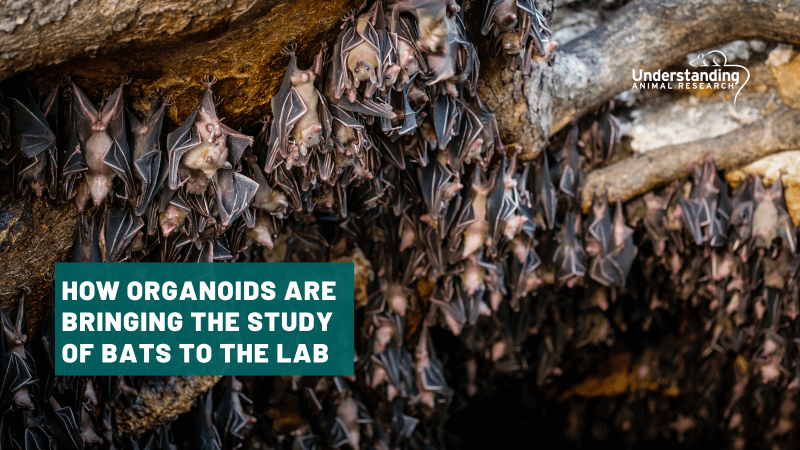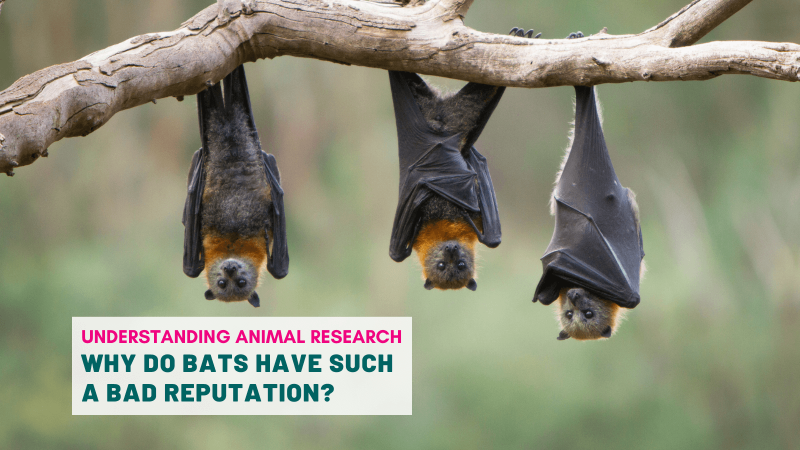Menopause explained
A 40-year study of a population of killer whales off the US Pacific coast has helped British researchers to solve an evolutionary mystery - why killer whales and humans are two of only three species that go through what we call menopause - stopping reproduction part-way through their lives.
http://www.bbc.co.uk/news/science-environment-38601261
Killer mice?
Technique called optogenetics used to pinpoint and take control of brain circuits involved in predatory behaviour.
The research revealed that one set of neurons triggers the pursuit of prey, while another prompts the animal to clench its jaws and neck muscles to bite and kill. The study relied on the technique optogenetics, in which neurons can be artificially activated using light, effectively allowing scientists to switch the killer instinct on and off at will.
Bat nav
Bats have brain cells that keep track of their angle and distance to a target, researchers have discovered. The neurons, called ‘vector cells’, are a key piece of the mammalian’s brain complex navigation system — and something that neuroscientists have been seeking for years.
Our brain’s navigation system has many types of cells, but a lot of them seem designed to keep track of where we are. Researchers know of ‘place’ cells, for example, which fire when animals are in a particular location, and ‘head direction’ cells that fire in response to changes in the direction the head is facing. Bats also have a kind of neuronal compass that enables them to orient themselves as they fly.
The vector cells, by contrast, keep spatial track of where we are going. They are in the brain’s hippocampus, which is also where ‘place’ and ‘head-direction’ cells were discovered.
That’s a surprise, considering how well this area has been studied by researchers, says Nachum Ulanovsky, who led the team at the Weizmann Institute of Science in Rehovot, Israel, that discovered the new cells. His team published their findings in Science on 12 January.
Sarel, A., Finkelstein, A., Las, L. & Ulanovsky, N. Science http://dx.doi.org./10.1126/science.aak9589 (2017).
http://www.nature.com/news/sat-nav-neurons-tell-bats-where-to-go-1.2127
Reducing cancer spread
A mouse study, published in Nature, showed altering the immune system slowed the spread of skin cancers to the lungs.
Researchers created 810 sets of genetically modified lab mice to discover which sections of the DNA were involved in the body resisting a cancer's spread.
The animals were injected with melanomas (skin cancer) and the team counted the number of tumours that formed in the lung.
Their hunt led them to discover 23 sections of DNA, or genes, that made it either easier or harder for a cancer to spread.
Many of them were involved in controlling the immune system.
Targeting one gene - called Spns2 - led to a three-quarters reduction in tumours spreading to the lungs.
http://www.bbc.co.uk/news/health-38582007
Neonic pesticide kills partridges
Neonics were thought to be safer than traditional pesticides, partly because they are usually used as a seed coating, rather than sprayed on the crop.
But one study found red-legged partridges fed seeds treated with one neonic died within days. Other researchers found house sparrows became “uncoordinated and unable to fly” and Japanese quail suffered DNA damage after being exposed to the pesticides.
http://www.independent.co.uk/news/science/pesticides-ban-evidence-death-birds-bees-grows-stronger-agriculture-partial-report-a7522391.html
Last edited: 9 March 2022 12:41



